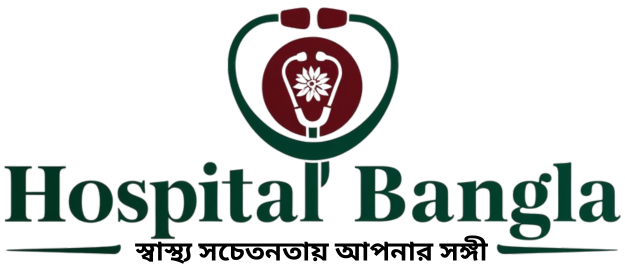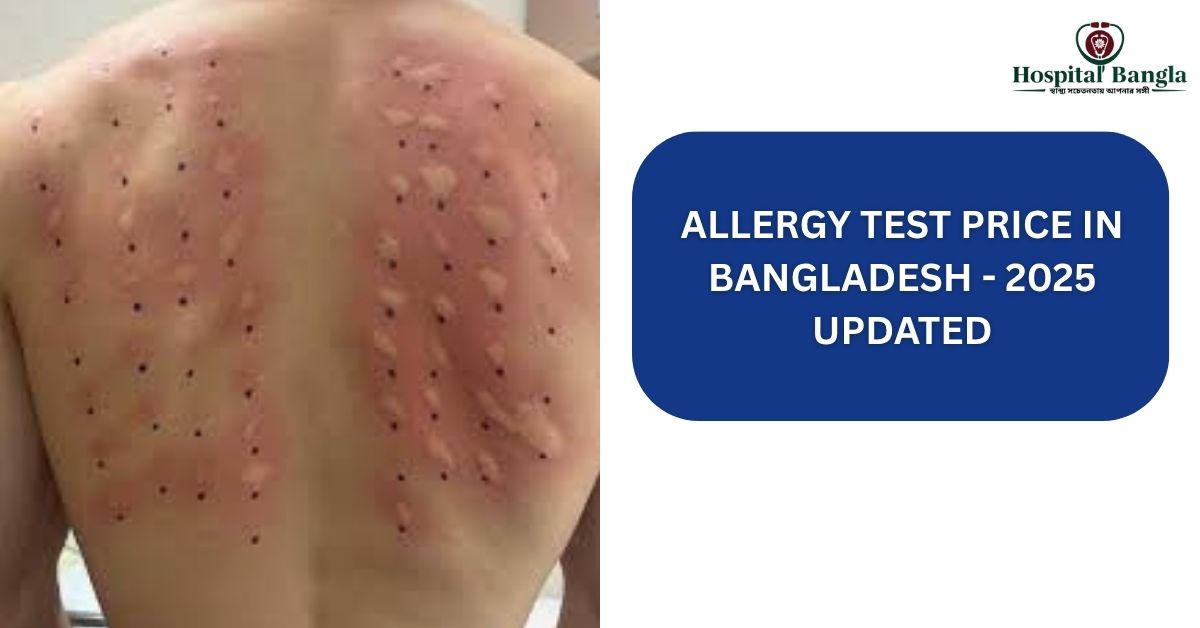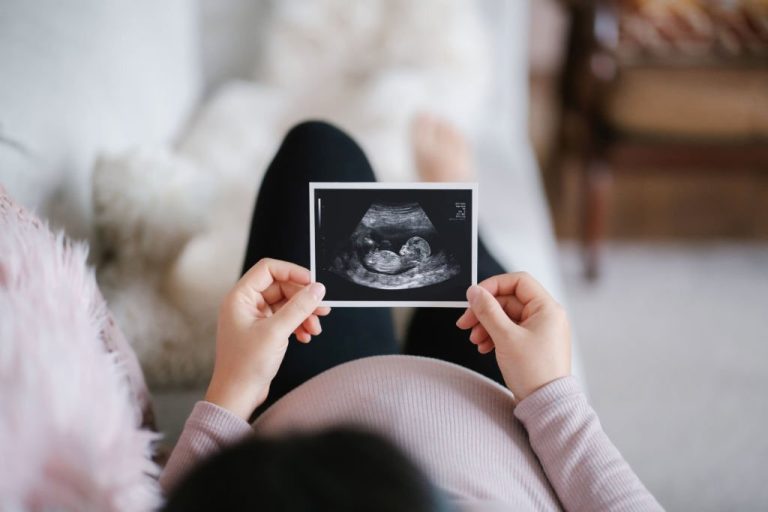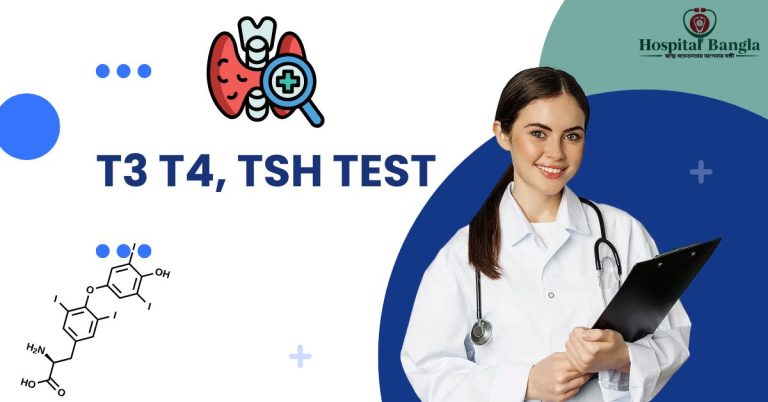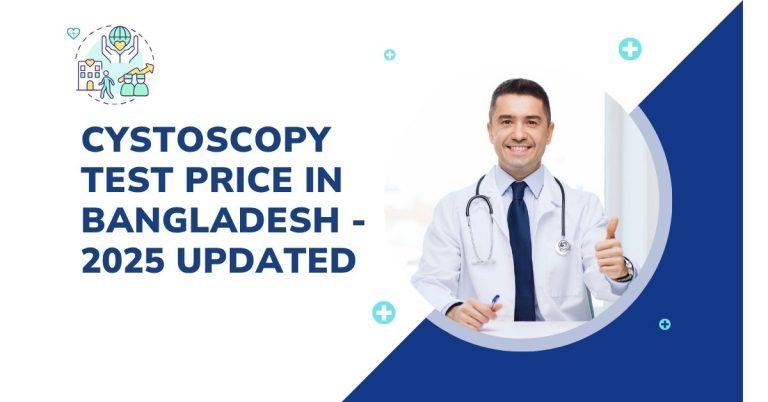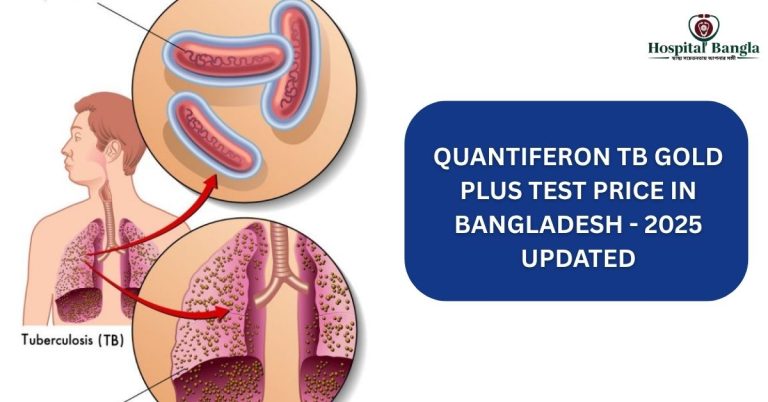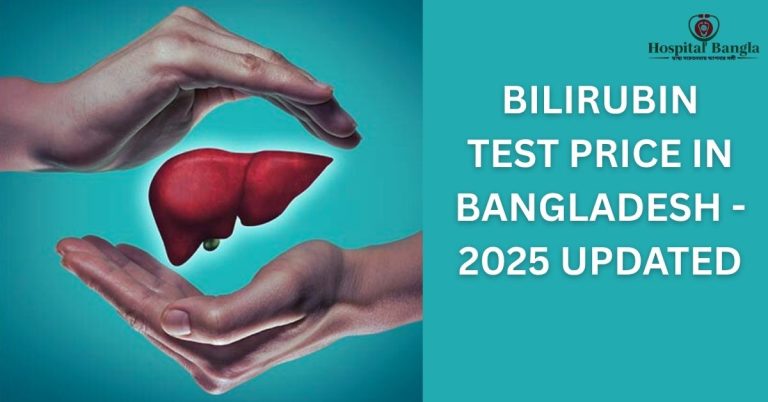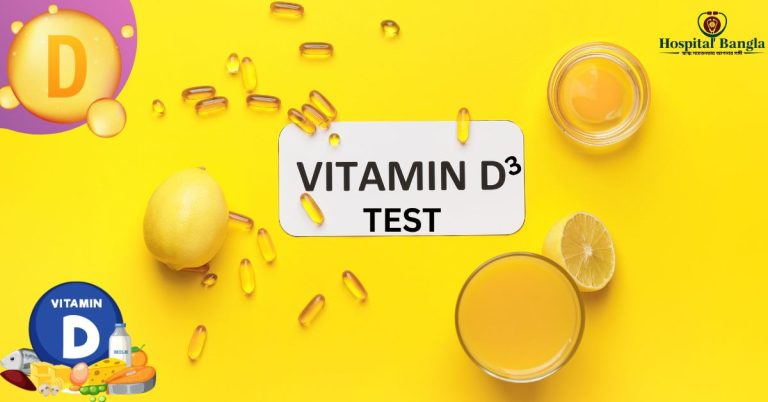Allergy Test Price in Bangladesh – 2025 Updated
An allergy test is a medical procedure designed to identify specific substances, known as allergens, that trigger allergic reactions in an individual. These tests are crucial for diagnosing allergies, which can range from mild symptoms like sneezing or itching to severe, life-threatening reactions such as anaphylaxis. In Bangladesh, allergy tests are recommended for individuals experiencing persistent symptoms like runny nose, skin rashes, or difficulty breathing, which may indicate an allergic response. The Allergy Test Price in Bangladesh varies depending on the test type and facility, typically ranging from 1,450 BDT to 50,000 BDT in 2025, with basic tests like Total IgE starting at around 1,450 BDT and comprehensive panels costing up to 50,000 BDT at private diagnostic centers. This article provides a detailed overview of allergy tests, their importance, preparation, pricing, and more to help you make informed healthcare decisions.
What is an Allergy Test?
An allergy test is a diagnostic tool used to determine whether a person is allergic to specific substances, such as pollen, dust mites, pet dander, foods, insect stings, or medications. These tests are critical for identifying the exact allergens causing symptoms, enabling healthcare providers to develop effective treatment plans. The main types of allergy tests include:
- Skin Prick Test: A small amount of allergen is placed on the skin, which is then pricked to check for a reaction, typically a raised, red bump.
- Blood Tests: Tests like Radioallergosorbent Test (RAST) or Enzyme-Linked Immunosorbent Assay (ELISA) measure allergen-specific IgE antibodies in the blood.
- Patch Test: Allergens are applied to the skin under a patch for several days to detect contact allergies, often used for skin conditions like eczema.
- Elimination Diet: A method to identify food allergies by removing and reintroducing specific foods to observe symptom changes.
These tests are clinically significant as they help confirm allergies, guide avoidance strategies, and inform treatments like antihistamines or immunotherapy. Alternative names include allergen-specific IgE tests, skin allergy tests, or food sensitivity tests. Conditions requiring these tests include allergic rhinitis, asthma, eczema, food allergies, and drug allergies.
When is an Allergy Test Recommended?
Allergy tests are advised when individuals experience persistent or recurrent symptoms suggestive of allergies, such as:
- Sneezing, runny or stuffy nose (allergic rhinitis)
- Itchy, watery eyes
- Skin rashes, hives, or eczema
- Swelling of the face, lips, tongue, or throat
- Wheezing or shortness of breath
- Anaphylaxis, a severe allergic reaction
Doctors use test results to confirm specific allergies and develop tailored treatment plans, which may involve allergen avoidance, medications, or immunotherapy. Allergy tests are primarily diagnostic tools, used to identify the cause of symptoms rather than for routine screening or monitoring, though they may support managing conditions like asthma or eczema.
Allergy Test Preparation
Preparation for an allergy test depends on the test type:
- Skin Prick Test: Avoid antihistamines for 3–7 days before the test, as they can suppress reactions and affect results. No fasting is required.
- Blood Tests: Typically, no special preparation is needed, but follow your doctor’s instructions.
- Patch Test: No specific restrictions on medications or fasting are usually required.
- Elimination Diet: Requires dietary planning under medical supervision, with no fasting needed for the test itself.
The sample collection process varies:
- Skin Prick Test: Allergens are applied to the skin (usually the forearm or back), pricked, and observed for reactions within 15–20 minutes.
- Blood Test: A blood sample is drawn from a vein, typically taking a few minutes.
- Patch Test: Patches with allergens are applied and left for 48–72 hours.
- Elimination Diet: Involves weeks of dietary adjustments, monitored by a healthcare provider.
Skin prick tests take about 30–60 minutes, including observation. Blood tests are quick, with the draw taking 5–10 minutes, though results may take days. Patch tests require multiple visits over several days.
Allergy Test Price List in Government Hospitals in Bangladesh
Specific price lists for allergy tests in government hospitals are not widely available online, as pricing can vary by facility and test availability. Government hospitals in Bangladesh, such as Dhaka Medical College Hospital, typically offer diagnostic tests at lower costs than private facilities, but the range of allergy tests may be limited. Below is a table of major government hospitals; contact them directly for 2025 pricing and availability.
| Hospital Name | Location | Allergy Test Price (BDT) | Contact Number |
|---|---|---|---|
| Dhaka Medical College Hospital | Dhaka | Not available online | 0255165001 |
| Chittagong Medical College Hospital | Chittagong | Not available online | 0312296720 |
| Mymensingh Medical College Hospital | Mymensingh | Not available online | 091226500 |
| Rajshahi Medical College Hospital | Rajshahi | Not available online | 0721757777 |
| Sylhet MAG Osmani Medical College Hospital | Sylhet | Not available online | 0821722222 |
| Shaheed Suhrawardy Medical College Hospital | Dhaka | Not available online | 029135600 |
| Sir Salimullah Medical College Hospital | Dhaka | Not available online | 027311111 |
Note: Prices are not listed online; contact hospitals for current rates.
Allergy Test Price List in Private Hospitals in Bangladesh
Private diagnostic centers in Bangladesh offer a wide range of allergy tests, with prices varying based on the test’s complexity and the facility’s reputation. Below is a table of private hospitals and diagnostic centers with available pricing for 2025, sourced from credible websites like Thyrocare Bangladesh and icddr,b Lab Services.
| Hospital/Diagnostic Center | Location | Allergy Test Price (BDT) | Contact Number |
|---|---|---|---|
| icddr,b Lab Services | Mohakhali, Dhaka | Food and Inhalation Allergy Panel: 12,000 | 02222277038 |
| Thyrocare Bangladesh | Various locations | Total IgE: 1,450 Specific IgE (60 Parameters): 8,000 Allergy Panel – Food: 18,000 Allergy Panel – Non-Veg: 12,000 Allergy Panel – Inhalant: 15,000 Allergy Panel – Drug: 8,050 Allergy Panel – Food + Non-Veg: 30,000 Allergy Panel – Food + Drug: 16,000 Allergy Panel – Food + Inhalant: 25,000 Allergy Panel – Food, Inhalant + Non-Veg: 30,000 Allergy Panel – Food, Inhalant + Drug: 18,400 Allergy Panel – Food, Inhalant, Non-Veg + Drug: 18,400 Food Intolerance Profile: 50,000 | +8809666737373 |
| Labaid Diagnostics Center | Dhanmondi, Dhaka | Prices vary, contact for details | 10633 |
| Popular Diagnostic Centre | Dhanmondi, Dhaka | Prices vary, contact for details | 10633 |
| Fortune Healthcare Ltd. | Zigatola, Dhaka | Prices vary, contact for details | 01887045555 |
| Healthcare Diagnostics Center | Dhaka | Prices vary, contact for details | 01711111111 |
| Oncos Molbiol | Dhaka | Prices vary, contact for details | 01711111111 |
| Evercare Hospital (formerly Apollo) | Bashundhara, Dhaka | Prices vary, contact for details | 10678 |
| Square Hospitals | Panthapath, Dhaka | Prices vary, contact for details | 10666 |
| United Hospital | Gulshan, Dhaka | Prices vary, contact for details | 10666 |
Note: For facilities without listed prices, contact the center directly to confirm 2025 rates.
Understanding Allergy Test Results
Interpreting allergy test results requires a healthcare provider’s expertise, as results must be correlated with symptoms and medical history:
- Skin Prick Test: A positive result is indicated by a raised, red, itchy bump (wheal) at the test site, suggesting an allergy. The wheal’s size may indicate the allergy’s severity.
- Blood Tests: Results show IgE antibody levels as numerical values. Higher levels suggest a likely allergy, but reference ranges vary by laboratory.
- Patch Test: Redness or irritation under the patch indicates a contact allergy.
- Elimination Diet: Symptom improvement after removing a food suggests a food allergy.
Abnormal results may confirm an allergy but could also be influenced by factors like recent antihistamine use, age, or other medical conditions. Consult a doctor to interpret results and discuss treatment options, such as allergen avoidance or medications.
Frequently Asked Questions
How accurate are allergy tests?
Allergy tests are generally reliable. Skin prick tests have high sensitivity and specificity for detecting allergies to pollen, dust, or foods. Blood tests are slightly less sensitive but useful for patients unable to undergo skin tests.
How long does it take to get allergy test results?
Skin prick test results are available within 15–20 minutes. Blood test results typically take 3–7 days, depending on the laboratory. Patch tests require 48–72 hours for results.
Does insurance cover allergy tests in Bangladesh?
Insurance coverage varies by provider and policy. Some plans cover allergy tests if medically necessary, but many do not. Check with your insurance provider for details.
How often should allergy tests be done?
Allergy tests are typically performed when symptoms suggest an allergy. Repeat testing is only needed if new symptoms arise or existing allergies change.
What is the difference between a skin prick test and a blood test?
Skin prick tests involve applying allergens to the skin and observing reactions, offering quick results. Blood tests measure IgE antibodies and are used when skin tests are not feasible, such as in patients with skin conditions.
Can children undergo allergy tests?
Yes, children can be tested, but the method depends on age and cooperation. Skin prick tests are common, while blood tests may be preferred for very young children.
Are there risks associated with allergy tests?
Skin prick tests may cause mild itching or swelling, with a rare risk of severe reactions. Blood tests carry minimal risks, such as bruising at the puncture site.
Conclusion
Allergy tests are vital for identifying allergens and managing conditions that affect quality of life, from mild discomfort to severe reactions. In Bangladesh, these tests are widely available at private diagnostic centers like icddr,b and Thyrocare, with prices ranging from 1,450 BDT to 50,000 BDT in 2025. Government hospitals likely offer more affordable options, though specific pricing is harder to find. Comparing prices across facilities can help you find cost-effective options. Always consult a healthcare provider to choose the right test and interpret results accurately.
